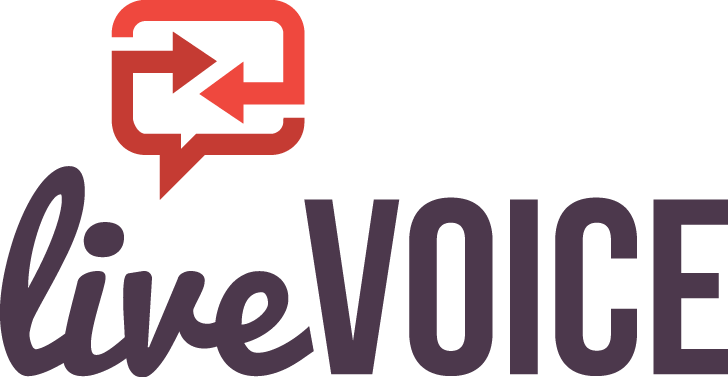Category: Answering Service, Lead Response
Too Many Companies Disregard Their Sales Leads
43% of the time companies do not contact people who request information
Delaying just thirty minutes in following up on sales leads greatly decreases contact and qualification rates compared to a five-minute response time, indicates Dave Elkington CEO and chairman of InsideSales.com, a lead management and sales automation provider. Elkington’s presentation shares research, which pinpoints some hard lessons about lead conversion.
Even more shocking is the companies that delay much longer than thirty minutes. In fact, their delay is indefinite says Elkington; they make no attempt to contact their leads. His company’s “Response Analysis Studies” revealed “no response” rates ranging from a surprising 35 percent to a whopping 63 percent.
“At best that’s about one third and at worst, nearly two thirds, of sales leads that receive no follow up whatsoever,” says Adam Berkson, president of LiveVoice, an answering service call center that provides a lead response service. “That amounts to a lot of lost sales opportunities, wasted marketing dollars, and disillusioned prospects.”
On average, the “no response” rate for the study stands at 43 percent. “That means that at least four out of ten people who requested information were never contacted,” Berkson adds. “It’s no wonder many people skip online request forms. They’re conditioned to assume they will be ignored.”
Angela Garfinkel, president of Quality Contact Solutions confirms that “timeliness is an increasingly critical factor in making contact, qualifying the prospect, and closing the deal.” Never making contact is simply inexcusable.
The study did not investigate possible explanations for the inaction, “but the reasons don’t matter,” continues Berkson. “There is simply no justifiable reason to not contact people who want to buy your company’s products or services.”
Berkson’s mission is to set a new standard in response rates; his is a radical expectation given the study’s dismal discoveries. His company’s goal is to respond to online requests for information within one minute, that’s a mere sixty seconds. He dismisses the off-stated goal of same-day response or the loftier target of within one hour. Even a laudable five-minute response rate is five times too long for Berkson.
“People expect answers fast,” Berkson concludes. “If you don’t provide what they want, when they want it, they’ll move on to another company that will. It’s that simple.”
Peter DeHaan, PhD, is a freelance writer, call center authority, and publisher of Connections Magazine, which covers the call center industry.



